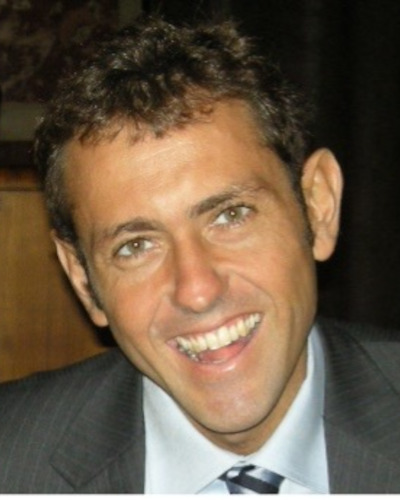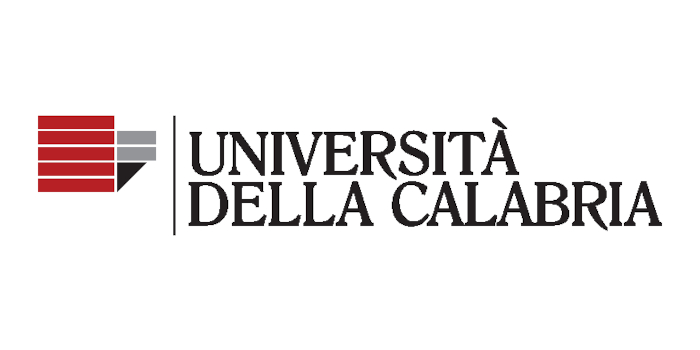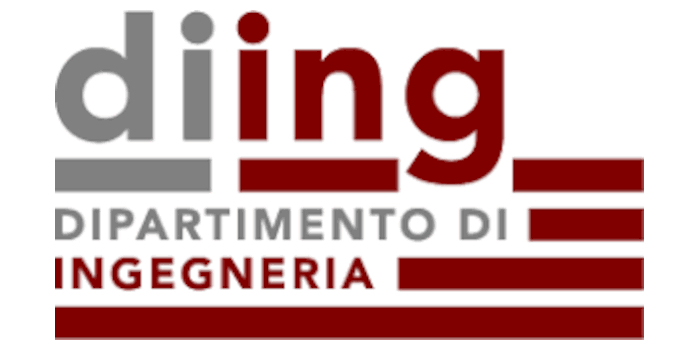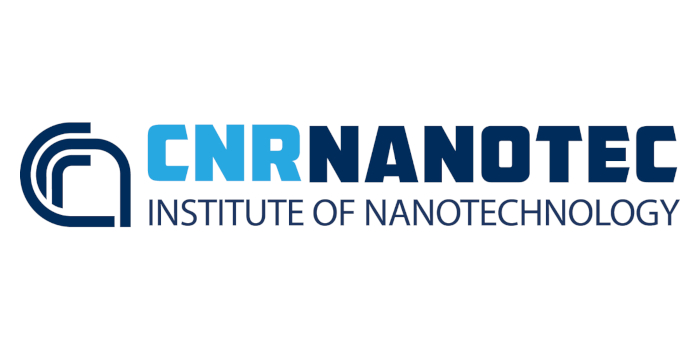SPECIAL SESSION #05
Metrology applied to Innovative and Circular Construction materials in the Framework of the EU's Exploit4InnoMat Project
ORGANIZED BY
Maria Teresa Calcagni
Polytechnic University of Marche, Italy
Gian Marco Revel
Polytechnic University of Marche, Italy
SPECIAL SESSION DESCRIPTION
The transition to sustainable, circular, and smart construction requires advanced metrological approaches for monitoring, certifying, and measuring both traditional and innovative building elements. In this context, the European project Exploit4InnoMat aims to promote the exploitation of innovative materials and solutions for the built environment through reliable measurement technologies, digital tools, and data-driven approaches.
This special session focuses on advanced sensing, imaging, and digital technologies for metrology applied to the living and built environment, with a particular focus on innovative building materials, structural elements, and circular solutions. The session aims to bring together researchers, industry professionals, and stakeholders working on measurement systems, non-destructive testing (NDT), monitoring, and certification methodologies in support of sustainability, durability, and safety in construction.
Emphasis will be placed on the integration of digital technologies, artificial intelligence, and advanced data processing techniques for the analysis, interpretation, and exploitation of metrological data in real construction scenarios. Contributions addressing characterization, monitoring, and applications on a laboratory or field scale are welcome.
The special session offers a multidisciplinary forum to discuss recent advances, challenges, and future prospects in metrology for innovative construction technologies, in line with the objectives of the Exploit4InnoMat project and the broader European strategy for sustainable and circular buildings.
TOPICS
Topics of interest include but are not restricted to:
- Sensing technologies for construction monitoring;
- Digital technologies for metrology in the built environment;
- Imaging techniques for material and structural characterization;
- Digital Image Correlation (DIC) in construction applications;
- Shearography for non-destructive testing in construction;
- Ultrasonic sensing and inspection in construction;
- Measurement technologies for circularity and sustainability in construction;
- Innovative metrological solutions to enhance sustainability in construction;
- Artificial Intelligence for monitoring, inspection and certification;
- Data processing and data fusion techniques for construction metrology;
- Non-destructive testing and evaluation of innovative materials;
- Metrology for lifecycle assessment and circular construction.
ABOUT THE ORGANIZERS
Maria Teresa Calcagni received her BSc and MSc degrees in Mechanical Engineering from the Università Politecnica delle Marche (UNIVPM), Ancona, Italy, in 2018 and 2020, respectively. She received her PhD in Industrial Engineering at the same university, in 2025. Her research interests focus on non-destructive monitoring measurements and techniques, thermal and mechanical measurements, computer vision and artificial intelligence techniques, numerical modelling and signal processing.
Gian Marco Revel is Full Professor in Mechanical and Thermal Measurement at Università Politecnica delle Marche, where he also plays the role of Rector Delegate for European Research. Main research interests are in the field of sensor and measurement technologies for industrial applications, with particular focus on the construction sector, building energy efficiency, in-field material characterization and non-destructive testing. He is Coordinator of the Material & Sustainability Committee of ECTP and Coordinator of the Italian Construction Technology Platform. He is author of more than 200 publications and Scientific Responsible for several projects (11 in H2020) in the area of technologies for Energy Efficiency and Materials in Buildings.









